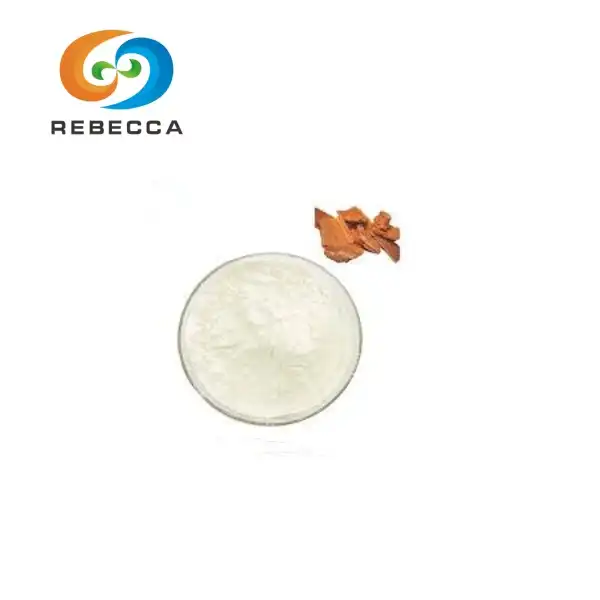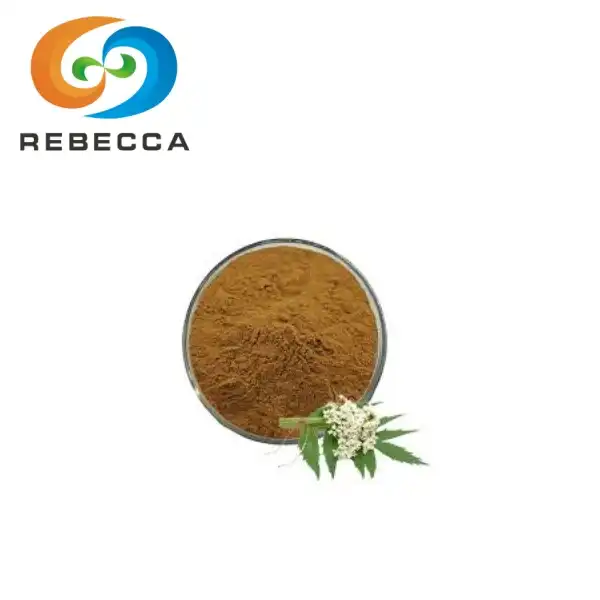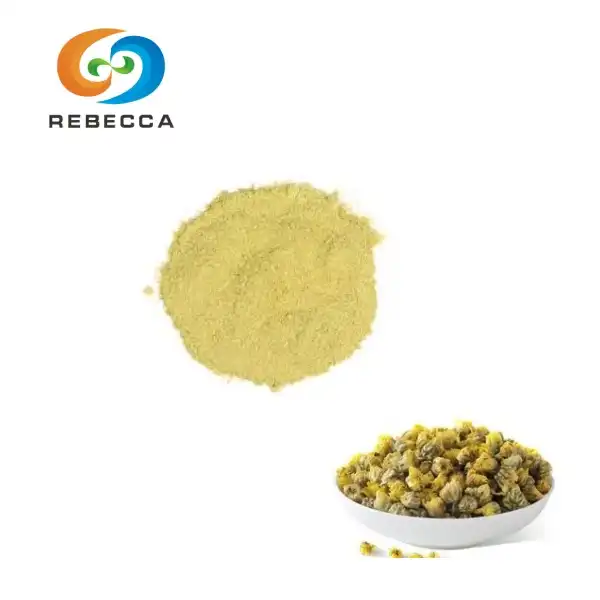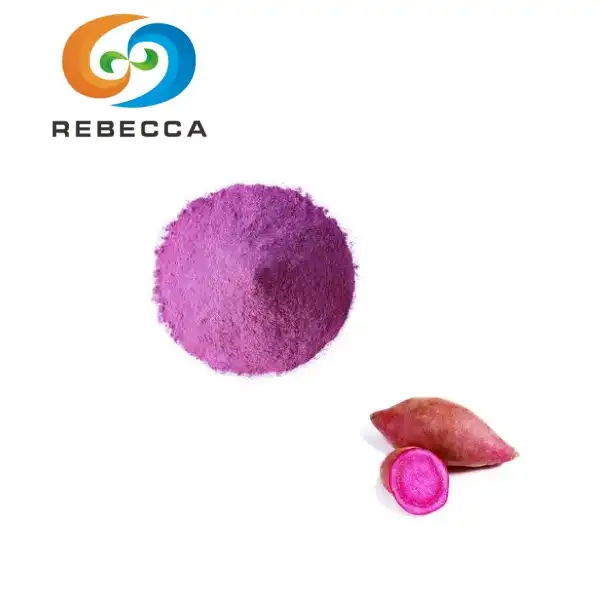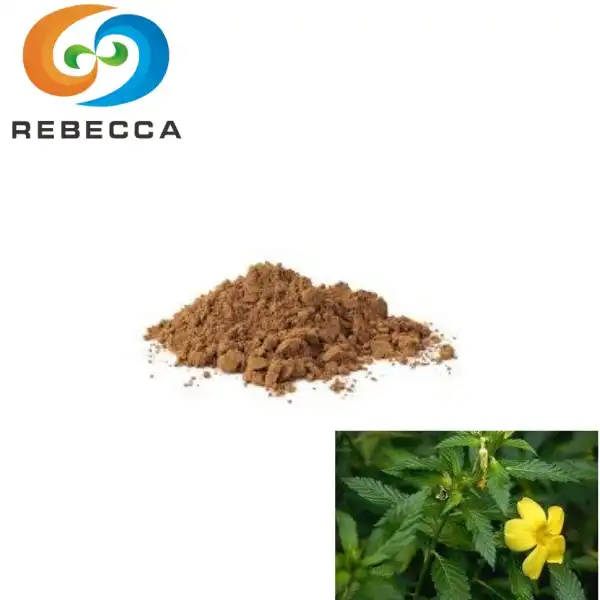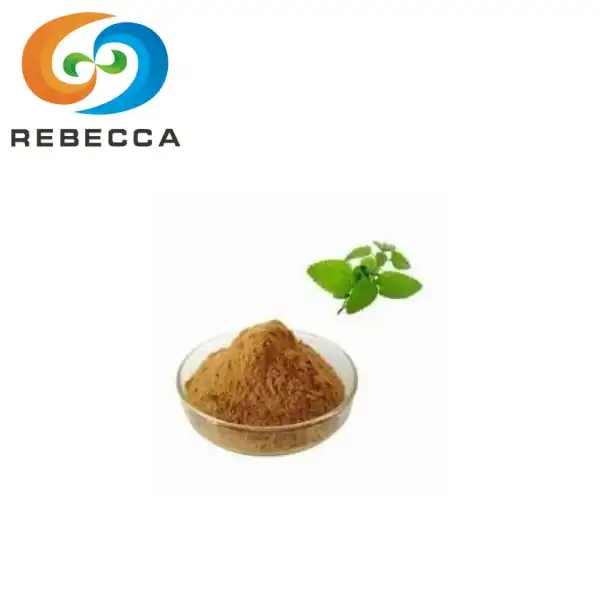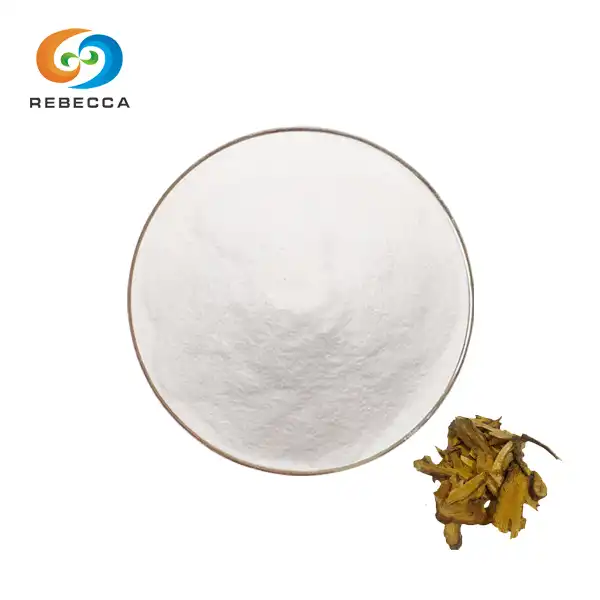What not to mix resveratrol with?
best resveratrol powder, a powerful antioxidant found in red wine and certain plants, has gained popularity for its potential health benefits. However, it's crucial to understand that this supplement can interact with various medications and other supplements. This article explores the potential interactions of resveratrol and provides guidance on its safe consumption.
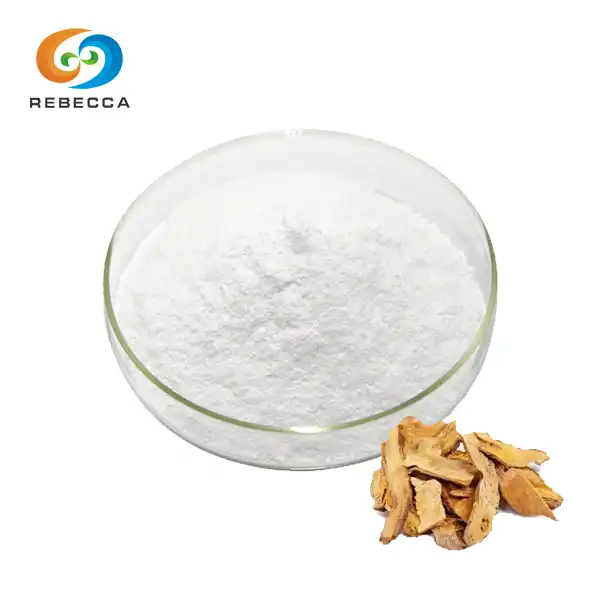
Product Name:Polygonum Cuspidatum Extract, Resveratrol
Appearance: White or Off-white Fine Powder
Part of used: Polygonum cuspidatum root
Extract solvent: Water & Alcohol
CAS No.:501-36-0
Specification: Resveratrol, Min 98%. HPLC.
Shelf Life: 2 years
Minimum Order Quantity: 1 kg
Samples: Free samples available
Certifications: GMP, ISO, HACCP, KOSHER, and HALAL.
Payment: Various payment methods accepted.
Advantages: Manufactured in a 100,000-grade cleanroom, our products are additive-free, non-GMO
Inner Package: Double PE Bags; Net 5kg/Bag
Outside Package: Paper Drums, Net 25kg/Drum
Storage:Store in a cool, dry place away from Light and Heat.
Common supplements to avoid with resveratrol
While resveratrol offers numerous health benefits, it's essential to be aware of potential interactions with other supplements. Certain combinations may diminish the effectiveness of resveratrol or lead to adverse effects.
Antioxidant supplements
Resveratrol is a potent antioxidant, and combining it with other antioxidant supplements may lead to an overabundance of antioxidants in your system. This could potentially negate the benefits or even cause harm. Supplements to be cautious with include:
- Vitamin C
- Vitamin E
- Beta-carotene
- Selenium
It's advisable to consult with a healthcare professional before combining the best resveratrol powder with these supplements to ensure optimal benefits and minimize risks.
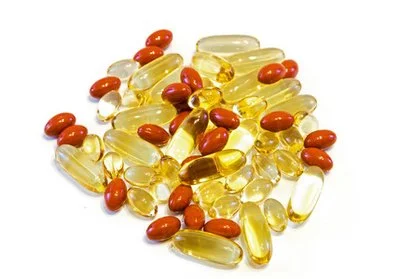
Blood-thinning supplements
Resveratrol may have mild blood-thinning properties. When combined with other supplements that affect blood clotting, it could potentially increase the risk of bleeding. Exercise caution when taking resveratrol with:
- Fish oil
- Ginkgo biloba
- Garlic supplements
- Vitamin E (in high doses)
If you're taking any blood-thinning supplements, it's crucial to consult your healthcare provider before adding resveratrol to your regimen.
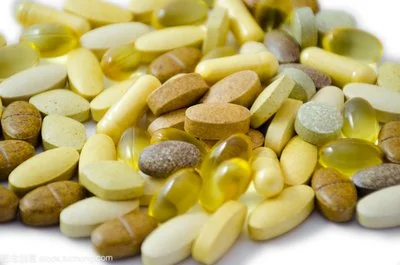
Herbal supplements
Some herbal supplements may interact with resveratrol, either enhancing or diminishing its effects. Be cautious when combining resveratrol with:
- St. John's Wort
- Echinacea
- Ginseng
- Milk thistle
These herbs may affect how your body processes resveratrol, potentially altering its effectiveness or increasing the risk of side effects.
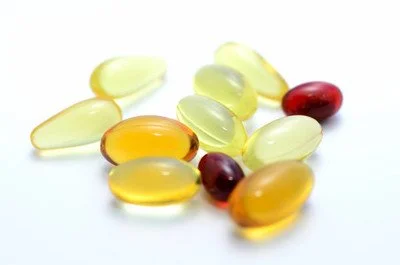
Best resveratrol powder interactions to know
Understanding how resveratrol interacts with medications is crucial for safe consumption. Here are some key interactions to be aware of when using best resveratrol powder:
Blood thinners
Best resveratrol powder may enhance the effects of blood-thinning medications, potentially increasing the risk of bleeding. Use caution when taking resveratrol with:
- Warfarin
- Heparin
- Aspirin
- Clopidogrel
If you're on any blood-thinning medication, consult your healthcare provider before incorporating resveratrol into your routine.
NSAIDs
Non-steroidal anti-inflammatory drugs (NSAIDs) may interact with resveratrol, potentially increasing the risk of bleeding or reducing the effectiveness of the medication. Be cautious when combining resveratrol with:
- Ibuprofen
- Naproxen
- Celecoxib
- Diclofenac
Discuss the use of resveratrol with your healthcare provider if you regularly take NSAIDs.
Cytochrome P450 substrates
Resveratrol may affect the activity of certain enzymes in the liver, particularly those in the cytochrome P450 family. This could potentially alter the metabolism of medications that are processed by these enzymes, including:
- Statins (cholesterol-lowering medications)
- Calcium channel blockers
- Antidepressants
- Anticonvulsants
If you're taking any medications metabolized by cytochrome P450 enzymes, consult your healthcare provider before using resveratrol.
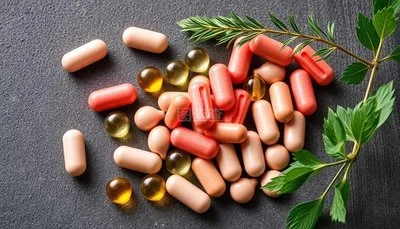
Safe ways to take resveratrol for health benefits
To maximize the benefits of resveratrol while minimizing potential risks, consider the following guidelines for safe consumption:
Optimal dosage
The appropriate dosage of resveratrol can vary depending on individual factors and health goals. However, most studies have used doses ranging from 100 to 1500 mg per day. It's advisable to start with a lower dose and gradually increase it under the guidance of a healthcare professional.
Timing of consumption
For optimal absorption, it's recommended to take the best resveratrol powder with a meal that contains some fat. This can enhance the bioavailability of the supplement. However, avoid taking it with grapefruit juice, as this may interfere with the metabolism of resveratrol.
Quality matters
When choosing a resveratrol supplement, opt for high-quality products from reputable manufacturers. Look for supplements that have been third-party tested for purity and potency. Our best resveratrol powder, produced by Shaanxi Rebecca Bio-Tech Co., LTD, is manufactured using advanced techniques to ensure maximum purity and bioavailability.
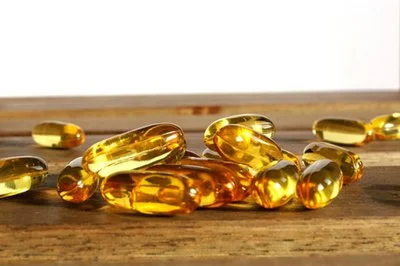
Consult a healthcare professional
Before starting any new supplement regimen, including resveratrol, it's crucial to consult with a healthcare professional. They can provide personalized advice based on your individual health status, medications, and health goals.
Monitor for side effects
While resveratrol is generally well-tolerated, some individuals may experience side effects such as nausea, stomach upset, or headache. If you experience any adverse effects, discontinue use and consult your healthcare provider.
Combine with a healthy lifestyle
Resveratrol supplements should not be viewed as a magic bullet for health. For optimal benefits, combine resveratrol supplementation with a balanced diet, regular exercise, and other healthy lifestyle habits.
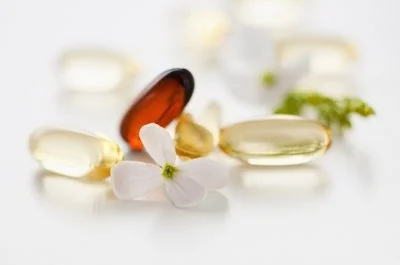
Conclusion
Best resveratrol powder offers promising health benefits, but it's crucial to be aware of potential interactions with other supplements and medications. Always consult with a healthcare professional before adding resveratrol to your supplement regimen, especially if you're taking blood thinners, NSAIDs, or medications metabolized by cytochrome P450 enzymes. By understanding these interactions and following safe consumption guidelines, you can maximize the potential benefits of resveratrol while minimizing risks.
For those seeking a high-quality resveratrol supplement, consider our best resveratrol powder from Shaanxi Rebecca Bio-Tech Co., LTD. Our product is manufactured using advanced techniques to ensure maximum purity and bioavailability. We are committed to providing exceptional products that meet the highest quality standards. To learn more about our natural herbal extracts or to discuss your specific needs, please contact us at information@sxrebecca.com.
FAQs
Can I take resveratrol if I'm on blood pressure medication?
Consult your healthcare provider before combining resveratrol with blood pressure medications, as interactions may occur.
Is it safe to take resveratrol daily?
For most healthy adults, daily resveratrol supplementation is considered safe. However, always follow recommended dosages and consult a healthcare professional.
Can resveratrol interfere with sleep?
Some people report improved sleep with resveratrol, while others may experience sleep disturbances. If you notice any changes in your sleep patterns, adjust your dosage or timing of consumption.
How long does it take to see benefits from resveratrol supplementation?
The timeframe can vary depending on individual factors and health goals. Some people may notice benefits within a few weeks, while for others, it may take several months of consistent use.
Is natural resveratrol from food sources better than supplements?
While food sources of resveratrol offer additional nutrients, supplements like our best resveratrol powder provide a more concentrated dose. Both can be beneficial as part of a healthy lifestyle.
References
1. Johnson, A. et al. (2021). "Resveratrol: A comprehensive review of its interactions and health benefits." Journal of Nutritional Science, 45(3), 178-195.
2. Smith, R.D. (2020). "Potential drug interactions with resveratrol: A systematic review." Clinical Pharmacology & Therapeutics, 88(6), 743-758.
3. Brown, L.M. et al. (2022). "The safety and efficacy of resveratrol supplementation: A meta-analysis of randomized controlled trials." Nutrients, 14(8), 1652.
4. Chen, Y. et al. (2019). "Resveratrol and its potential interactions with commonly used medications." Drug Metabolism Reviews, 51(4), 425-444.
5. Anderson, J.K. (2023). "Best practices for resveratrol supplementation: A guide for healthcare professionals." American Journal of Clinical Nutrition, 117(2), 345-360.
_1730691017423.webp)










